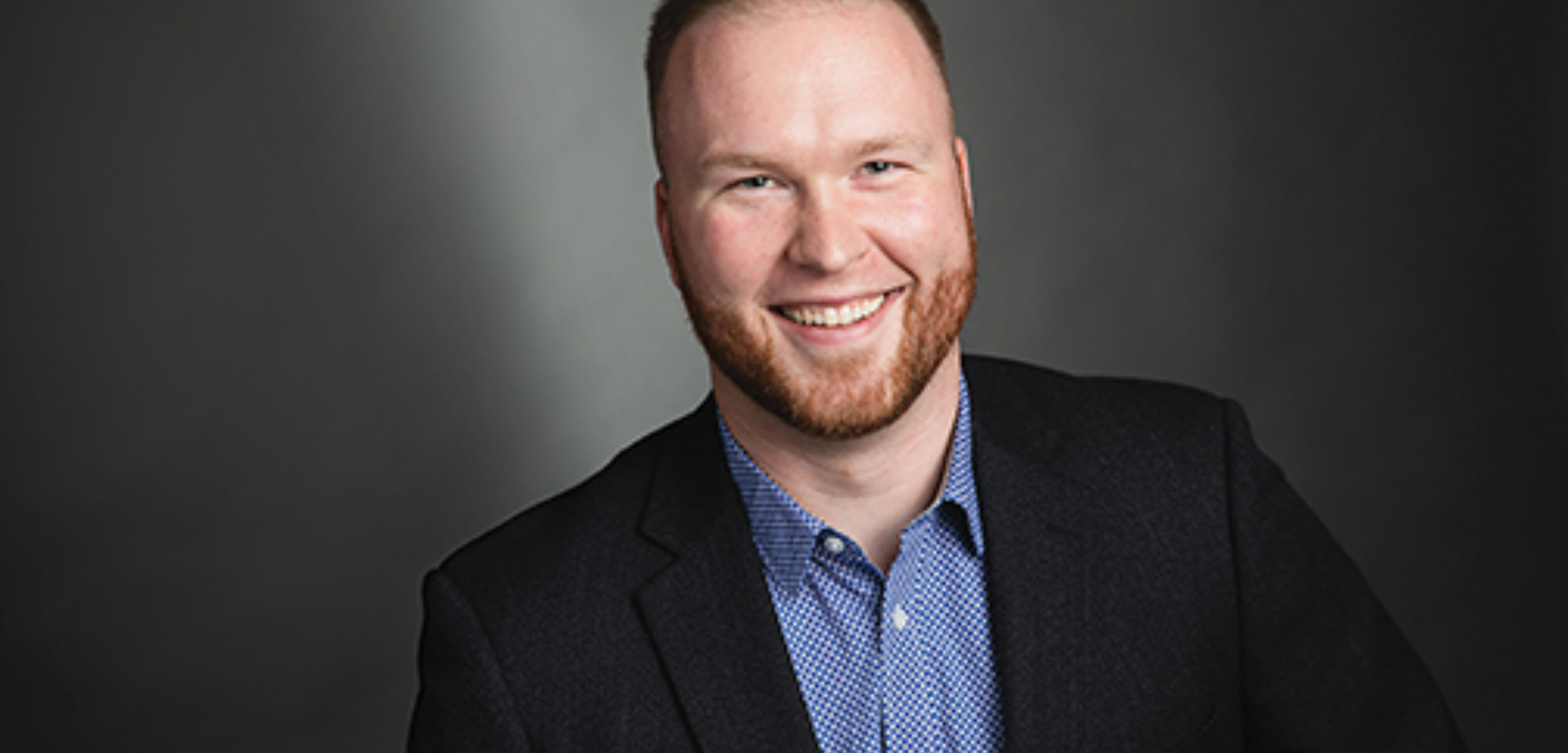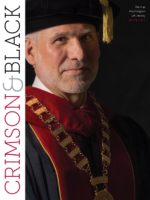
CWU alum Matthew Clegg was passionate about music, but an engineering degree has made him more marketable
We often hear about the two sides of the brain and the different tasks each side performs. The right side is credited with logic, science, and mathematics, while the left side carries out functions that have to do with creativity and art. One side of the brain is believed to be dominant in most individuals, but CWU alumnus Matthew Clegg proves that you can use both sides to broaden your horizons.
In the early 2000s, Clegg was studying trombone performance at Central, one of the final stepping stones in his dream of becoming a professional orchestral musician. The experience, passion, and dedication demonstrated by the music faculty at Central left him no doubt that they would be exceptional teachers and lifelong mentors.
As graduation neared, the Great Recession hit, and Clegg watched several friends struggle to enter the classical music industry. With many orchestras going bankrupt, an already competitive audition scene had become out of reach. It was time to re-evaluate, adapt, and overcome.
In the months leading up to this decision, Clegg worked closely with his trombone professor and mentor, John Neurohr, to explore other options that could bolster his skillset. Watching his friends study engineering, combined with a lifelong interest in machines, led him to forge another path: increase his marketability by graduating with degrees in music performance and industrial engineering technology.
“I was always mechanically inclined, but I hadn’t yet explored this other half, so I ran for it,” Clegg said. “The fall quarter after I graduated with a music degree [2011], I came back to Central as a post-baccalaureate engineering student. Ultimately, I was able to intersect the workforce during a period of economic growth, and with a far more robust skillset.
“Initially, I didn’t think I could market a music degree on an engineering résumé,” he added. “The science degree paid my bills, and I thought it would inevitably eclipse my fine arts background. I lacked industry perspective and it seemed like an all-or-nothing situation.”
Clegg’s industry background now includes over 30 SolidWorks (CAD) certifications, machine design, welding and fabrication, and multiple additive/subtractive manufacturing technologies. He also chairs the Society of Manufacturing Engineers – Seattle Chapter 39, and works as a marine designer in the Equipment Division of Manson Construction, all while staying actively involved in music. Clegg also enjoys playing trombone in multiple Seattle-area orchestras and jazz bands, and he coaches low brass in the Maple Valley Youth Symphony.
“The key was learning how to translate the music world into traditional business concepts, and pivot between them very quickly and seamlessly during an interview,” he said. “Any worthwhile employer values punctuality, self-motivation, leadership, and the ability to communicate complex ideas to a wider audience. Many of them don’t realize someone with a music degree has likely been honing these skills since early childhood and has maintained them at a very high level throughout their musical career to remain competitive for auditions. If you can see the person across the table light up after hearing that, they will remember you.”
Clegg explained that once his career was underway, he could quickly transition from one industry to the other and minimize the economic impact.
“Even if students don’t invest in two majors, having a minor in an opposite field can still serve well during economic downturns,” he said.
Clegg was recently invited back to campus to participate in the College of Arts and Humanities (CAH) Alumni Day, where he had the chance to sit on a panel and speak to students, showcasing the advantages of diversifying their education.
“I had a blast coming back to campus for the CAH alumni day,” he said. “I’m proud to be a grad, and inspired to see the university investing in our alumni community. I believe this will keep Central competitive far into the future. This spirit of belonging is one of the primary reasons I initially chose Central; several former professors have remained my mentors to this day. Central’s effort to connect CAH students and alumni is an investment we, as industry professionals, can’t afford to pass up.”
As a member of the CWU Alumni Association, Clegg enjoys remaining engaged with the university by working with faculty members to mentor current engineering and music students. As the chair of SME Seattle, Clegg encourages local employers to explore the value of candidates who feature an arts and humanities background, along with an engineering degree.
Clegg advocates for students in the arts and sciences to look to one another for inspiration, strength, and community. No matter which career path they follow, he hopes future CAH graduates will remember to embrace their creative potential and problem-solving abilities when faced with adversity, empower each other as leaders within their communities, and inspire the next generation of students to succeed.






comments powered by Disqus